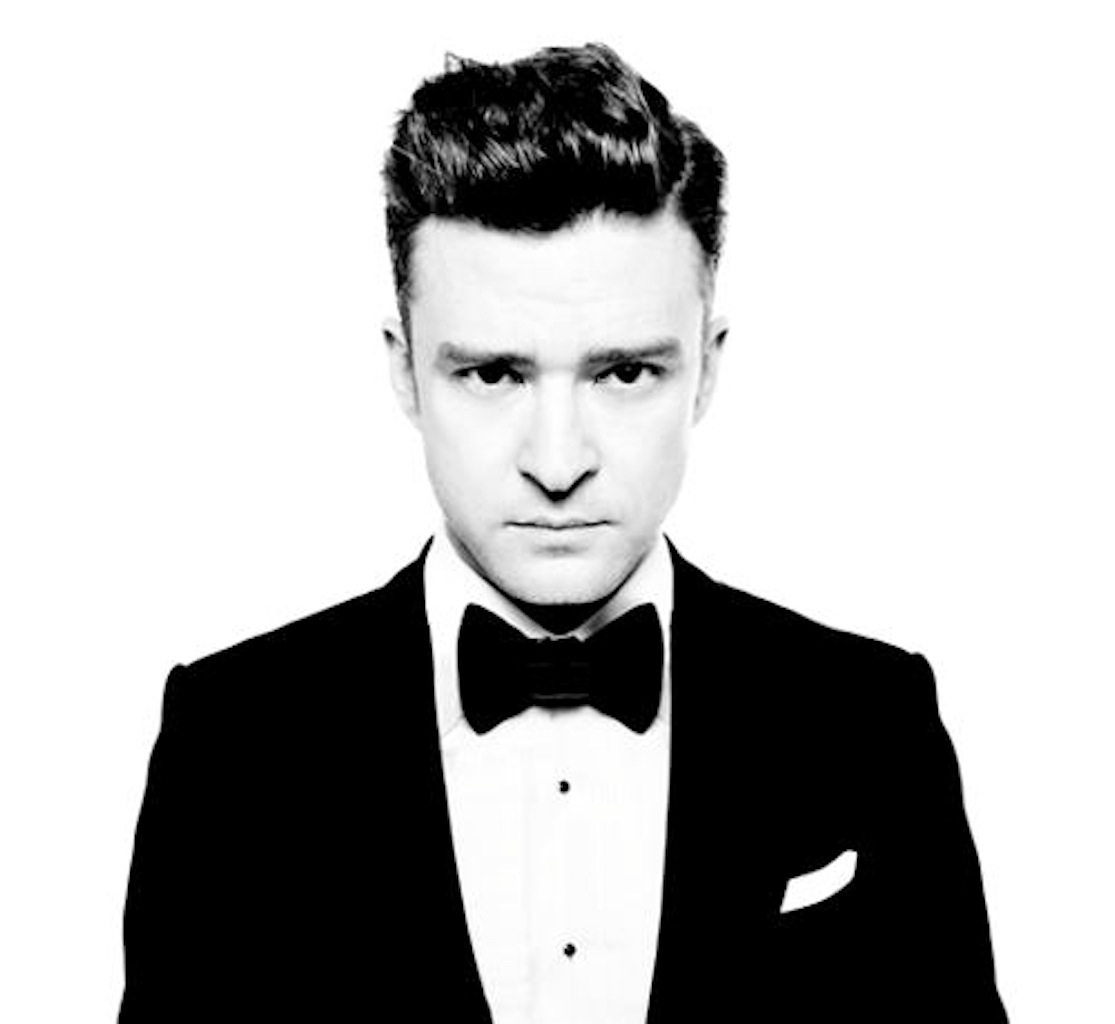Sitting in an empty concert hall, I remember leaning over the polished banister, enthralled by the enormous sound escaping the quaking lips on a bearded chin. I had the opportunity to attend the dress rehearsal of Puccini’s opera, Turandot, with my fifth grade class, and the memory of hearing “Nessun Dorma” for the first time has remained one of my fondest musical recollections. The celebrated aria gives me goose bumps each time I hear it – each time my junior year English teacher’s cell phone went off with the sound of Luciano Pavarotti’s resounding “Nessun dorma! Nessun dorma!”
Luciano Pavarotti – Nessun Dorma
I get the same feeling each time my Grandmother plays her favorite recording of Paul Potts’s reverberating performance of the aria at our family’s holiday celebrations. Potts became famous after his performance of “Nessun Dorma” on the popular TV series Britain’s Got Talent. The aria’s presence is not that of an unapproachable operatic intellect, but that of a pop song.
Paul Potts – Nessun Dorma
The popularity of the aria, despite its operatic status, is astounding when one considers the cultural pedestal upon which opera is often placed. As a genre, opera is intimidating to much of the American public. This fact has a great deal to do with the foreign languages, such as Italian and German, in which many famous operas are written; Puccini’s Turandot among them, which is written in Italian. To many of today’s music listeners, opera is fundamentally nothing more than classical music – alone, often considered an intimidating European art form – paired with incomprehensible singing and fantastical theatrical sets. How can the average person discourse on such a topic? It is, after all, considered “art;” not understood by the masses, but by those who have had the necessary training and who can recognize the genius of the music. Such individuals are permitted to attend performances in great concert halls with polished banisters; only individuals such as these are expected to be enthralled by the enormous sounds and trembling vibratos that escape the lips of highly trained opera singers. What one often forgets is the history of the pre-canonized opera.
At the time of such famous composers as Mozart and Wagner, opera was the music of the masses. Although opera was originally confined to the royal courts of Europe, it soon became the “pop” music of the Baroque era (the late sixteenth century to the early eighteenth century) and beyond. Opera singers became celebrities and many operatic performances were salted with a flavor of spectacle to entertain common European audience members. Although Giacomo Puccini’s opera Turandot was not performed until 1926, it was still considered popular music by musicologists of the time. In fact, Puccini’s style was often dismissed by musicologists as shallow because of its emphasis on melody for popular appeal. My Grandmother herself, when playing her recording of “Nessun Dorma,” once told me that although Puccini’s operatic compositions were not considered “mature” – or elitist – operas, she could not help going weak at the knees when listening to Paul Potts. And indeed, behind the intimidating Italian jargon lie the breathtaking words of a common young man in love:
No one shall sleep!…
No one shall sleep!
Even you, o Princess,
In your cold room,
Watch the stars,
That tremble with love and with hope.
But my secret is hidden within me,
My name no one shall know.
No!…No!…
On your mouth I will speak it when the light shines.
And my kiss will dissolve the silence that makes you mine!…
No one will know his name and we must, alas, die.
Vanish, o night!
Set, stars! Set, stars!
At dawn, I will conquer! I will conquer! I will conquer!
Lauren Corallo
Tags: Baroque, Giacomo Puccini, Luciano Pavarotti, Mozart, Nessun Dorma, Opera, Paul Potts, Pop Music, Turandot, Wagner

 Share On Facebook
Share On Facebook Tweet It
Tweet It





